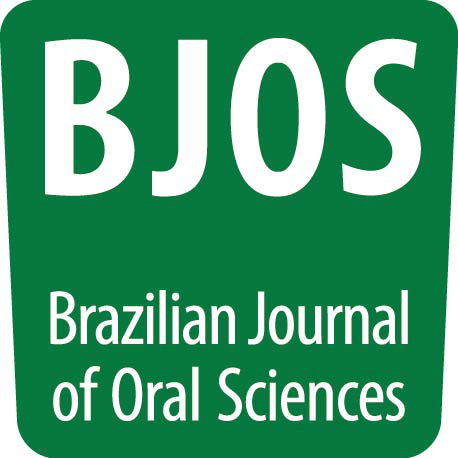Aim
Evaluating the resin-dentin bond strength of Class II conventional and bulk-fill composite restorations, using different cavity sizes before and after aging.
Methods
Seventy-five human molars were distributed into groups according to the buccolingual width of the cavities, conservative (n=25) and extended (n=50). They were divided according to the restorative material: conventional (Z100/control group) or bulk-fill resin composites (Filtek Bulk Fill/FBF; Tetric N Ceram Bulk Fill/TNCBF; Filtek Bulk Fill Flow/FBFF; Surefill SDR flow/SDR). The restored teeth were sectioned on sticks (n=50 per restorative materials + width cavities group), half were stored in Water/Ethanol 75% for 30 days and the other half were submitted to the immediate microtensile bond strength (μTBS) test. Data were analyzed applying the Three-Way Analysis of Variance (ANOVA), Bonferroni test, test t, and Weibull analyses (p<0.05).
Results
SDR and FBF presented lower μTBS values for extended preparation when compared to the conservative preparation, before aging. After aging, only for the FBFF, a decrease in the μTBS values was observed. Comparing the μTBS values, before and after aging, the SDR demonstrated lower μTBS values after aging when the conservative cavity was used. A decrease in the μTBS values was observed for the Z100, the FBF and, the FBFF, after aging, when the extended cavity was used.
Conclusion
The effect of cavity preparation and aging on the resin-dentin of Class II is material dependent. Most of the bulk-fill resin composites evaluated presented a similar performance to the conventional resin composites for all the conditions of this study.
Composite resins; Tensile strength; Aging; Dental cavity preparation

 Thumbnail
Thumbnail
